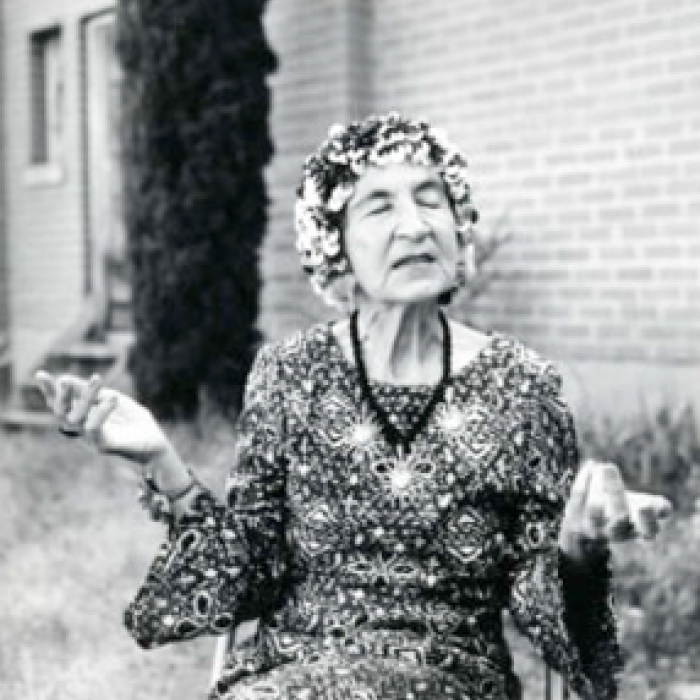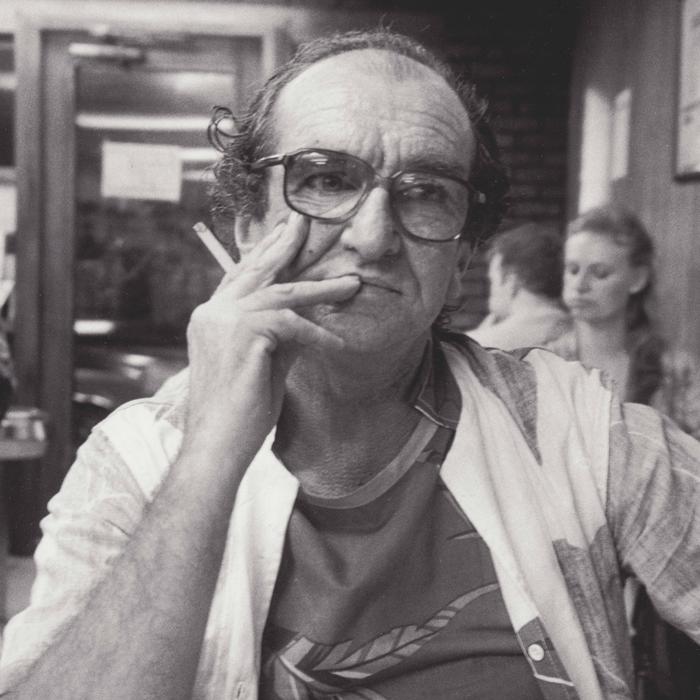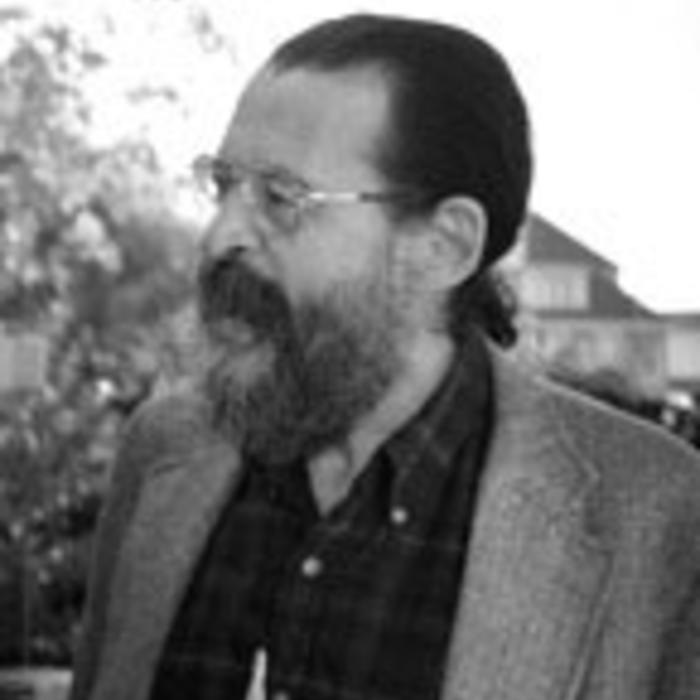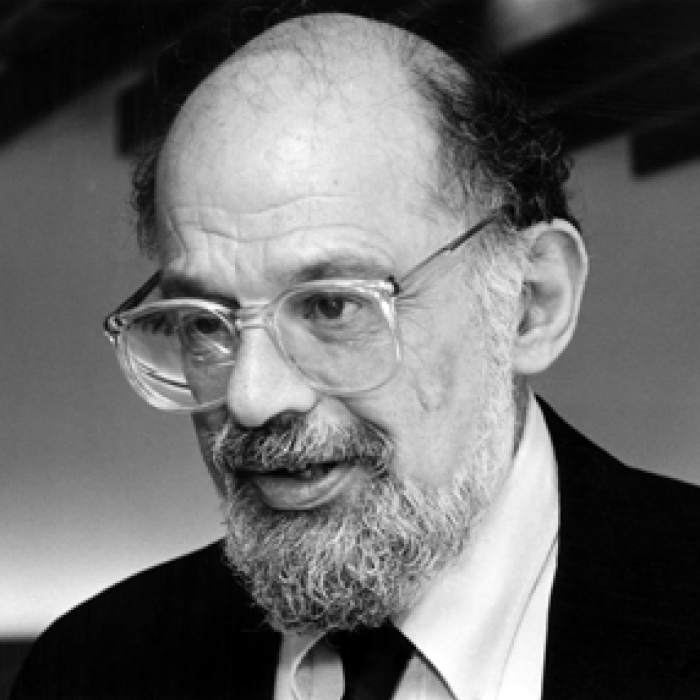James Merrill
James Ingram Merrill was born in New York, New York, on March 3, 1926, and grew up in Manhattan and Southampton. He was the son of Charles Merrill, cofounder of the brokerage firm Merrill Lynch, and his second wife, Hellen Ingram. At the age of eight, James was already writing poems, and at age sixteen, while he was in prep school, his father had a book of them privately printed under the title Jim’s Book. His parents divorced in 1939, when he was thirteen.
Merrill attended Amherst College, where he studied under Reuben Brower, who would later, at Harvard, train many renowned critics and teachers of literature. It was also at Amherst that Merrill first met Robert Frost. Merrill’s studies were interrupted by service in the U.S. Army from 1944 to 1945. Another book, The Black Swan, was privately printed in 1946 while he was still in college, and in 1947 he graduated summa cum laude. His undergraduate thesis was on metaphor in the work of Marcel Proust. John Hollander writes that Merrill’s work “was continually reengaging those Proustian themes of the retrieval of lost childhood, the operations of involuntary memory and of an imaginative memory even more mysterious […]”.
Merrill went on to teach for a year at Bard College, then spent the next two and a half years traveling Europe, a period described in his 1993 memoir, A Different Person (Alfred A. Knopf). His first trade book, First Poems, was published by Alfred A. Knopf in 1951 to great acclaim. In 1955, he moved to the small coastal town of Stonington, Connecticut, with his companion David Jackson. (The address of that house, on Water Street, furnished the title for his 1962 book of poems.) In 1956, Merrill used a portion of his inheritance to found the Ingram Merrill Foundation, which has since awarded grants to hundreds of artists and writers. His first novel, the semi-autobiographical Seraglio, was published by Alfred A. Knopf in 1957. Two years later, he and David Jackson moved to a house in Athens, Greece, where they spent part of each year until 1979.
James Merrill’s second novel, The (Diblos) Notebook (Chatto & Windus, 1965) was a finalist for the National Book Award in Fiction. The following year, his poetry collection Nights and Days (Atheneum, 1966) won the National Book Award in Poetry. Merrill went on to earn numerous awards for his poetry, including the first Bobbitt National Prize for Poetry awarded by the Library of Congress for The Inner Room (Alfred A. Knopf, 1988); the National Book Critics Circle Award for his epic poem The Changing Light at Sandover (Atheneum, 1982), later reissued by Knopf in several editions, including a 2006 publication edited by J. D. McClatchy and Stephen Yenser; a second National Book Award for Mirabell: Books of Number (Atheneum, 1978); the Pulitzer Prize for Divine Comedies (Atheneum, 1976); and the Bollingen Prize for Braving the Elements (Atheneum, 1972).
Merrill served as a Chancellor of the Academy from 1979 until his death on February 6, 1995, in Arizona. His final poetry collection, A Scattering of Salts (Alfred A. Knopf, 1995), was published a month later.





